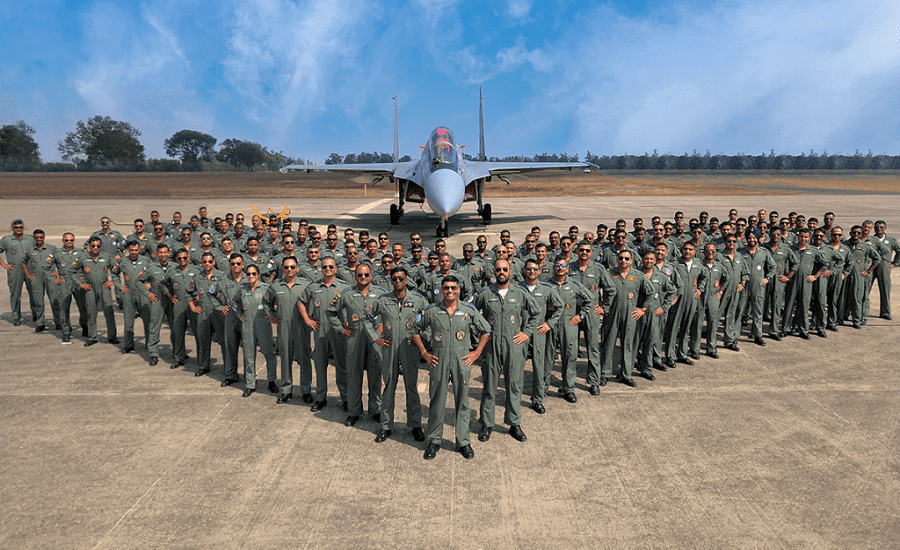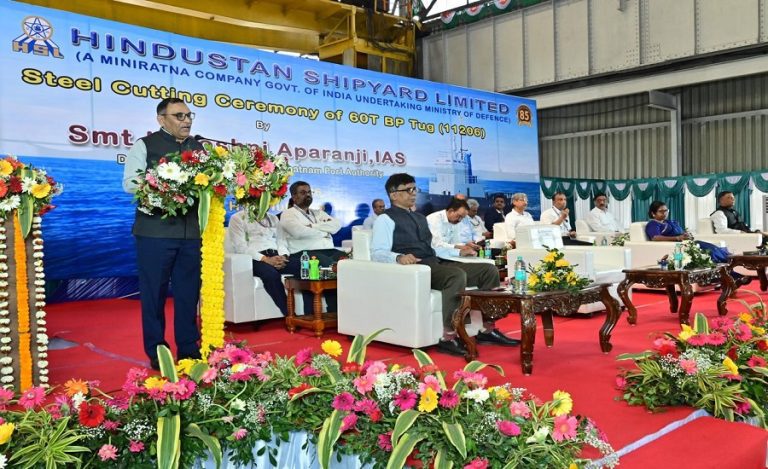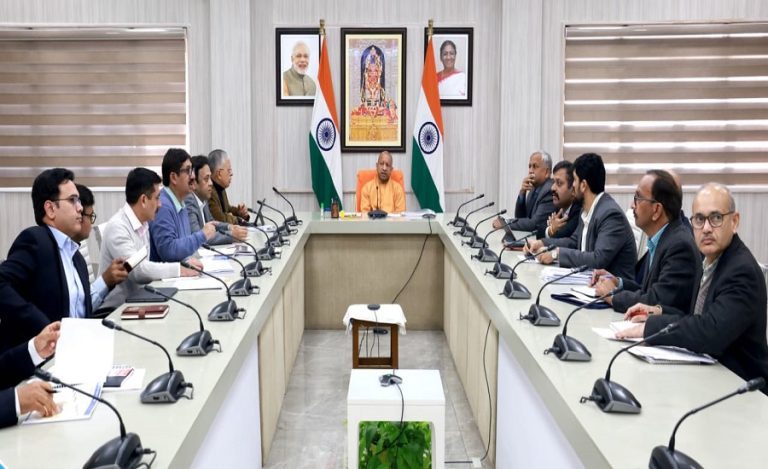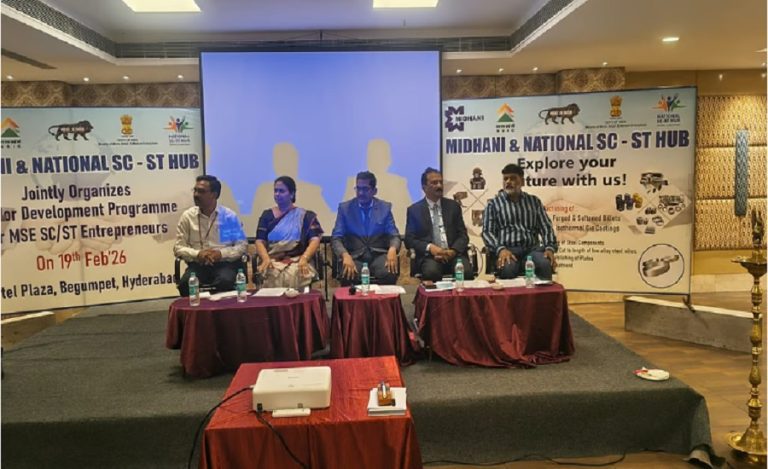New Delhi: Vice-Admiral K. Swaminathan, head of the Mumbai-based Western Naval Command, raised serious concerns regarding regional security during a security conference organized by the Brahma Research Foundation. Speaking on Wednesday, the senior Indian Navy officer highlighted the growing military capabilities of China and Pakistan and underscored the strategic importance of India’s Operation Sindoor.
China’s Naval Expansion: The World’s Largest Fleet
Vice-Admiral Swaminathan noted that China’s naval strength has grown at an unprecedented pace in the last decade. “The Chinese Navy has added as many ships in the last ten years as the Indian Navy has in the same period,” he said.
He emphasized that China consistently maintains a deployment of five to eight ships in the Indian Ocean Region (IOR), including warships, research vessels, satellite tracking ships, and fishing vessels. The recent induction of China’s third aircraft carrier, Fujian, along with fifth- and sixth-generation fighter aircraft, reflects the country’s expanding global ambitions.
Read also: Indian Navy to Commission Indigenous ASW Vessel ‘Mahe’ , Boosting Coastal Defence Capabilities
Operation Sindoor: A Historic Turning Point in India-Pakistan Relations
Swaminathan described Operation Sindoor, conducted from May 7-10, 2025, following the Pahalgam terrorist attack, as a “new reality” in India-Pakistan relations. He stated, “This operation establishes several realities between India and Pakistan. India will respond decisively at a time and place of its choosing and will not accept any nuclear blackmail.”
During the operation, Indian forces carried out precise strikes on multiple terrorist bases in Pakistan and PoK, as well as key Pakistani airbases. The Vice-Admiral underlined that the operation revealed open collusion between Pakistan and China, which was previously only suspected.
Pakistan’s Arms Purchases Amid Economic Crisis
Swaminathan warned that Pakistan is actively purchasing weapons from across the globe despite its severe economic challenges. “Pakistan is engaged in large-scale arms procurement without regard for the economic conditions of its citizens. This is a matter of concern for the entire subcontinent,” he said.
He also noted Turkey’s emerging support for Pakistan during Operation Sindoor as a new challenge, calling it a “worrying development” for regional security.
Tri-Service Coordination: India’s Military Precision
Air Marshal Rakesh Sinha, Deputy Chief of the Integrated Defence Staff (Operations), lauded Operation Sindoor as a demonstration of unprecedented coordination between the Army, Navy, and Air Force.
“The Indian Air Force showcased its strategic capabilities through long-range precision strikes, but the success of the operation was built on joint planning at the apex level, which surprised Pakistan,” he said.
Air Marshal Sinha further highlighted the effective use of drones, AWACS, and multi-domain capabilities in the operation, stressing that Operation Sindoor sent a strong message that India will not tolerate threats or nuclear coercion.
Key Takeaways
- China has become the world’s largest navy and maintains an active presence in the Indian Ocean Region.
- Pakistan is aggressively procuring weapons globally, despite economic challenges.
- Operation Sindoor demonstrated unprecedented coordination between Indian Army, Navy, and Air Force.
- Turkey’s open support for Pakistan during Operation Sindoor adds a new layer of strategic complexity.




























